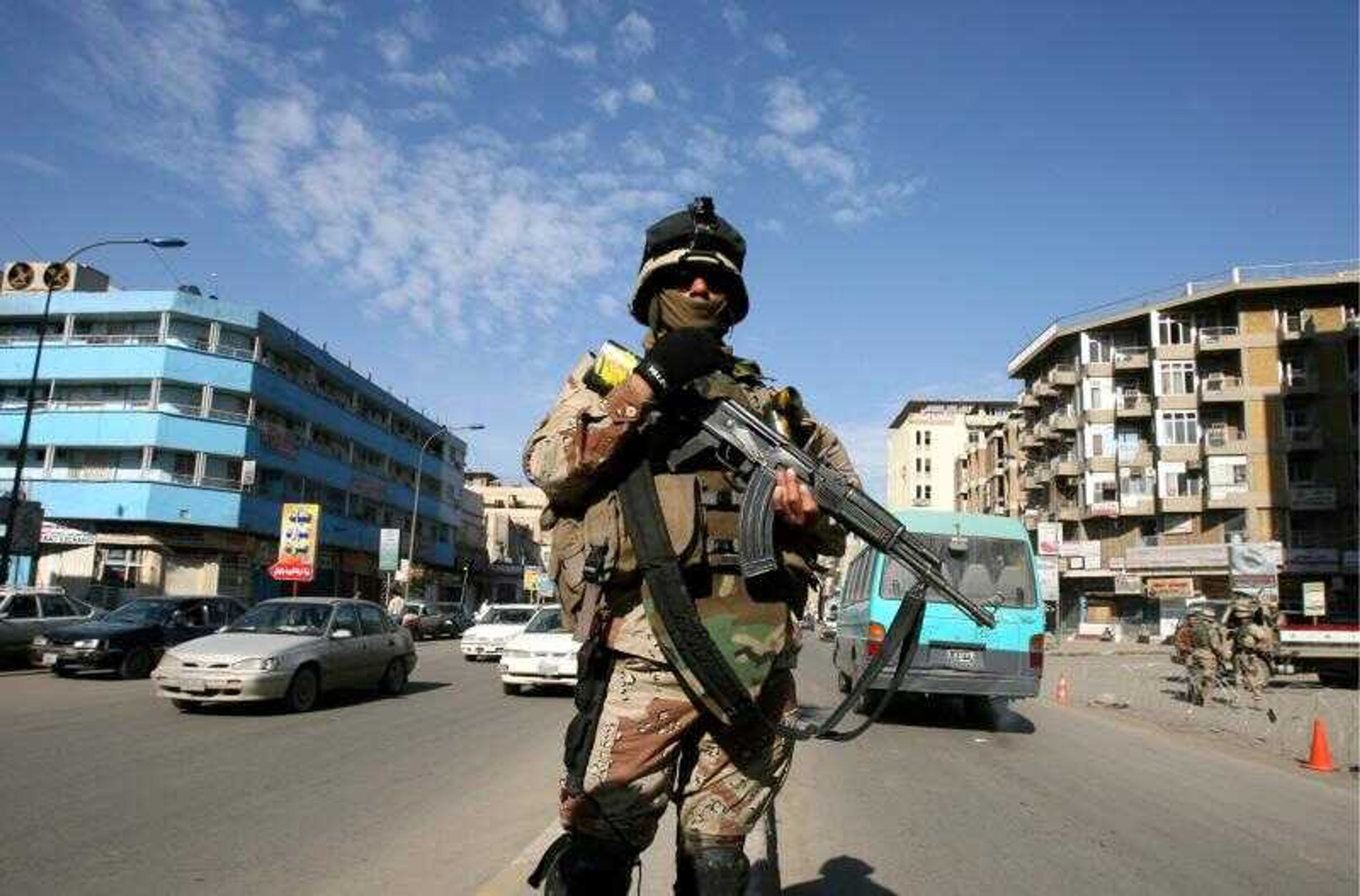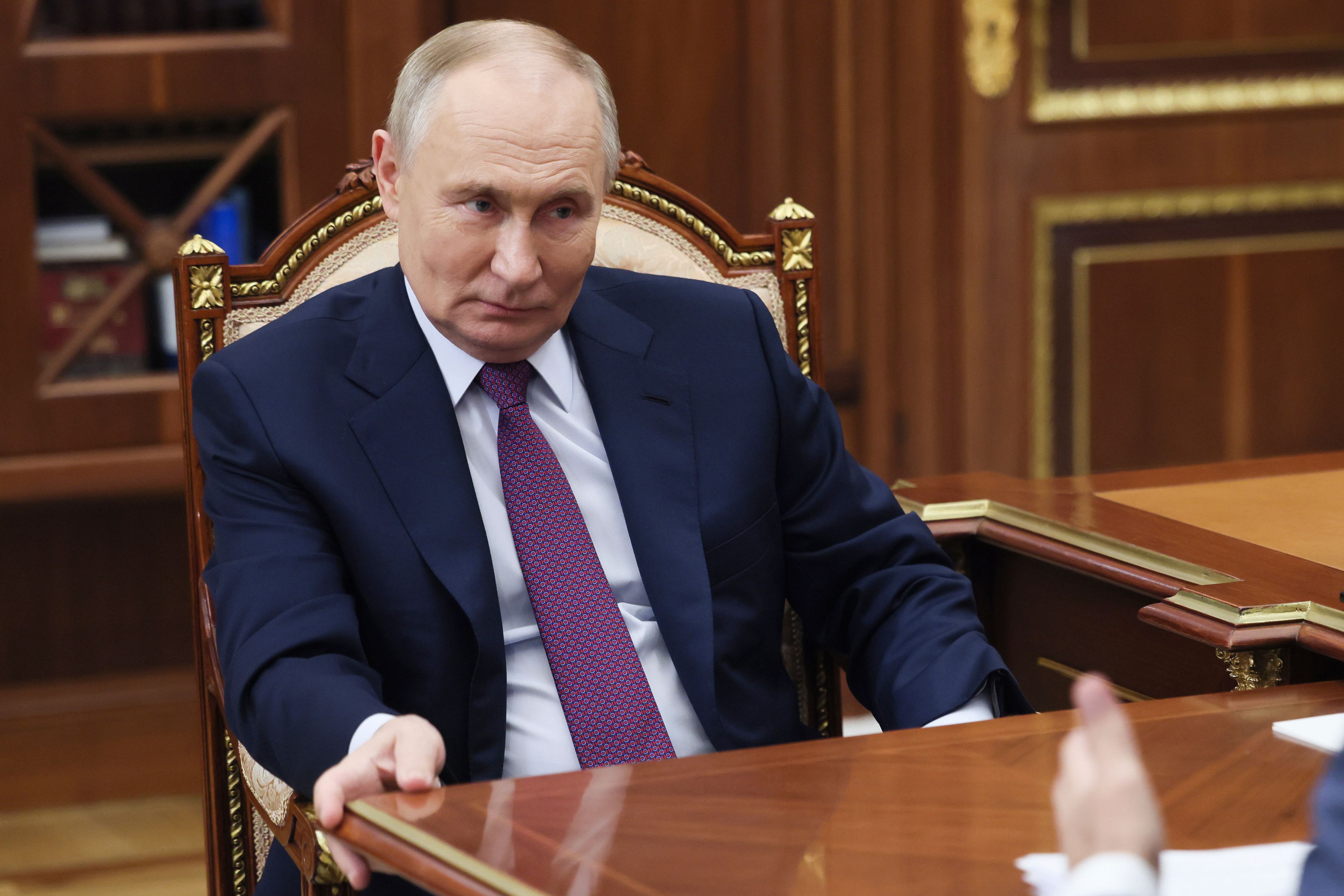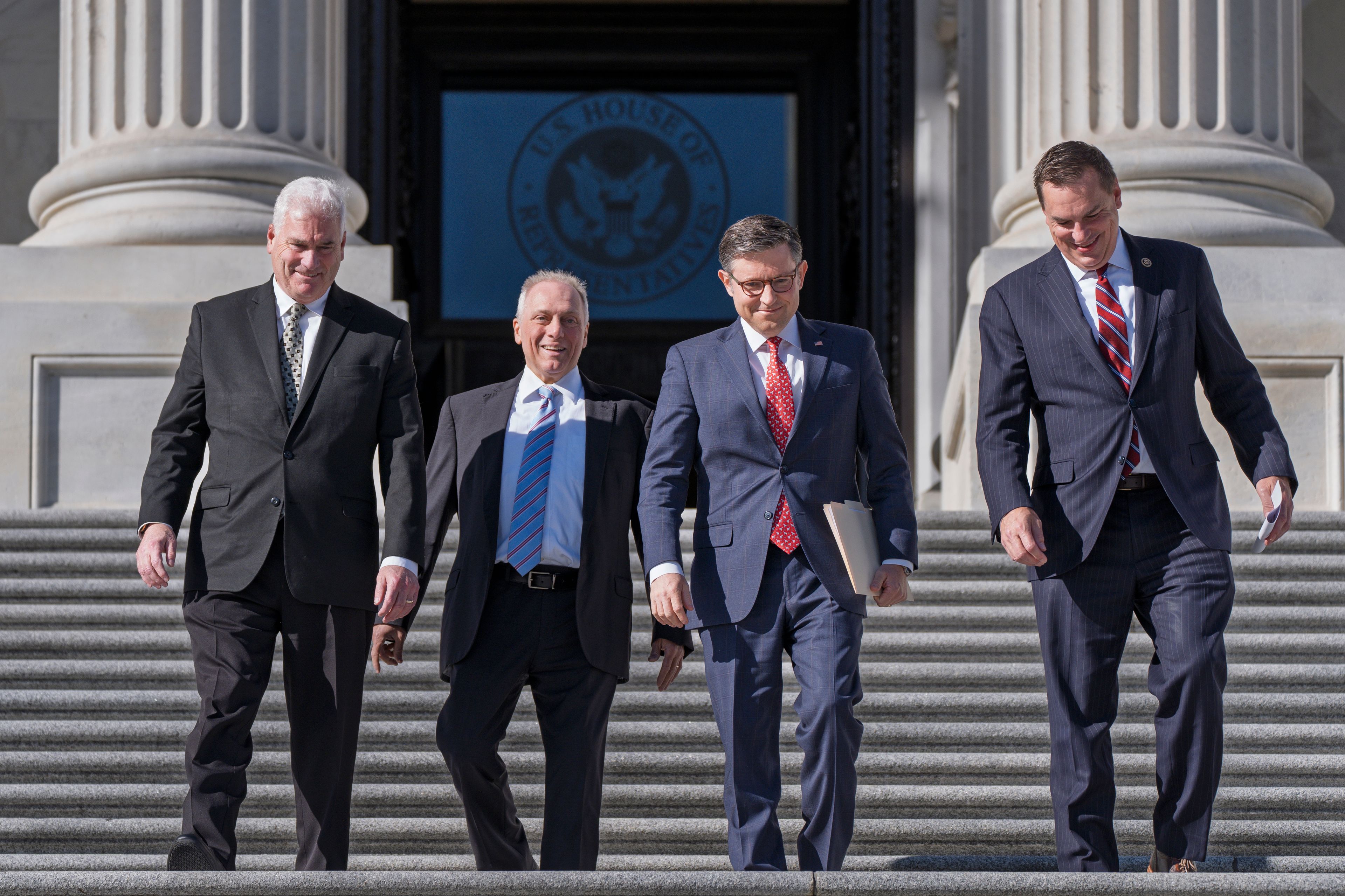Gates: U.S. has evidence of Iranian involvement with Iraqi insurgents
MUNICH, Germany -- Serial numbers and other markings on bombs suggest that Iranians are linked to deadly explosives used by Iraqi militants, Defense Secretary Robert Gates said Friday in some of the administration's first public assertions on evidence the military has collected...
~ The assertions have been met with skepticism by some lawmakers.
MUNICH, Germany -- Serial numbers and other markings on bombs suggest that Iranians are linked to deadly explosives used by Iraqi militants, Defense Secretary Robert Gates said Friday in some of the administration's first public assertions on evidence the military has collected.
While the Bush administration and military officials have repeatedly said Iranians have been tied to terrorist bombings in Iraq, they have said little about evidence to bolster such claims, including any documents and other items collected in recent raids in Iraq.
National security officials in Washington and Iraq have been working for weeks on a presentation intended to provide evidence for Bush administration claims of what they say are Iran's meddlesome and deadly activities.
The materials -- which in their classified form include slides and some two inches of documents -- provide evidence of Iran's role in supplying Iraqi militants with highly sophisticated and lethal improvised explosive devices and other weaponry. They also lay out Iranian efforts to train Iraqis in military techniques.
Disagreement
Yet government officials say there is some disagreement about how much to make public to support the administration's case. Intelligence officials worry the sources of their information could dry up.
Among the evidence the administration will present are weapons that were seized in U.S.-led raids on caches around Iraq, one military official in Washington said on condition of anonymity because he was not authorized to speak publicly.
Other evidence includes documents captured when U.S.-led forces raided an Iranian office Jan. 11 in Irbil in northern Iraq, the official said. Tehran said it was a government liaison office, but the U.S. military said five Iranians detained in the raid were connected to an Iranian Revolutionary Guard faction that funds and arms insurgents in Iraq.
The assertions have been met with skepticism by some lawmakers still fuming over intelligence reports used by the administration to propel the country to war with Iraq in 2003. Gates' comments came as a new Pentagon inspector general's report criticized prewar Defense Department assertions of al-Qaida connections to Iraq.
Speaking with reporters in Seville, Spain, on Friday before traveling to Munich, Gates said that markings on explosives provide "pretty good" evidence that Iranians are supplying either weapons or technology for Iraqi extremists.
"I think there's some serial numbers, there may be some markings on some of the projectile fragments that we found" that point to Iran, he said.
Serial numbers question
Gates' remarks left unclear how the United States knows the serial numbers are traceable to Iran and whether such weapons would have been sent to Iraq by the Iranian government or by private arms dealers.
Explosives have been a leading killer of U.S. forces in Iraq, where more than 3,000 U.S. troops have died in the nearly 4-year-old war.
In Iraq on Friday, the military reported three more American soldiers killed in combat, pushing the U.S. death toll to 33 in the first eight days of the month.
Separately, U.S. helicopters targeting insurgents mistakenly killed at least five allied Kurdish militiamen in the northern city of Mosul early Friday.
Last week, Gates said that U.S. military officers in Baghdad had been planning to brief reporters on what was known about Iranian involvement in Iraq but that he and other senior officials had delayed the briefing to assure the information was accurate.
On Friday, White House spokeswoman Dana Perino said such information would come from U.S. officials in Iraq, though she did not say when.
"There has been discussion about how to detail out some of that evidence," she told reporters. "Decisions on that are being made out of Baghdad."
State Department spokesman Tom Casey said Friday that officials hoping to publicly release the information face another problem as well.
He said, "Under the circumstances and given the attention that this has gotten, we want to make sure that we provide you the best information possible but do so in a way that doesn't compromise sources and methods, that doesn't make it harder for us to deal with the situation that's there."
Gates also told reporters that he was surprised that raids last month by coalition and Iraqi forces in Iraq swept up some Iranians.
"I don't think there was surprise that the Iranians were actually involved, I think there was surprise we actually picked up some," he said.
He and other U.S. officials have said for some time that Iranians, and possibly the government of Iran, have been providing weapons technology and perhaps some explosives to Iraqi fighters.
Gates, who attended his first NATO defense ministers meeting in Seville this week before flying to Munich for a security conference, said Iran is "very much involved in providing either the technology or the weapons themselves for these explosively formed projectiles."
He acknowledged the Iranian weapons are not a large percentage of the roadside bombs used in Iraq, but he said, "They're extremely lethal."
Gates said the recent raids combined with the movement of an additional U.S. aircraft carrier into the Persian Gulf have created a stir, but he said the Bush administration had no intention of attacking Iran.
Asked about the Defense Department inspector general's report criticizing the Pentagon's use of prewar intelligence, Gates said he hadn't yet read it.
But, he added, "based on my whole career, I believe that all intelligence activities need to be carried on through established institutions, and where there is appropriate oversight. And if the intelligence isn't adequate, then changes need to be made in these institutions to improve the intelligence."
Connect with the Southeast Missourian Newsroom:
For corrections to this story or other insights for the editor, click here. To submit a letter to the editor, click here. To learn about the Southeast Missourian’s AI Policy, click here.










